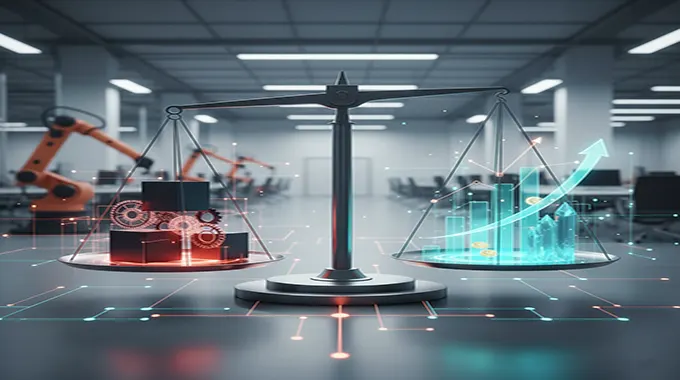The Seasonal Swing: Understanding and Optimizing Working Capital Management for Retail Businesses
Working Capital, calculated as $\text{Current Assets} – \text{Current Liabilities}$, is the essential metric of a company’s short-term liquidity, serving as the lifeline for daily operations in retail. For seasonal businesses, managing this capital is not a static task but a critical cyclical balancing act. The unique challenge lies in the massive, necessary inventory buildup that occurs months before the peak sales period, which creates a significant short-term cash deficit. This deficit is only reversed much later by a surge in cash flow after the selling season concludes, demanding meticulous financial planning to bridge the gap.
Managing the Cash Squeeze: Inventory and Receivables
The single biggest consumer of cash in seasonal retail is inventory. It anchors a significant portion of a company’s investment before a single dollar is earned. A core best practice is Precise Forecasting. Businesses must move beyond simple year-over-year comparisons and leverage deep historical sales data, promotional …














